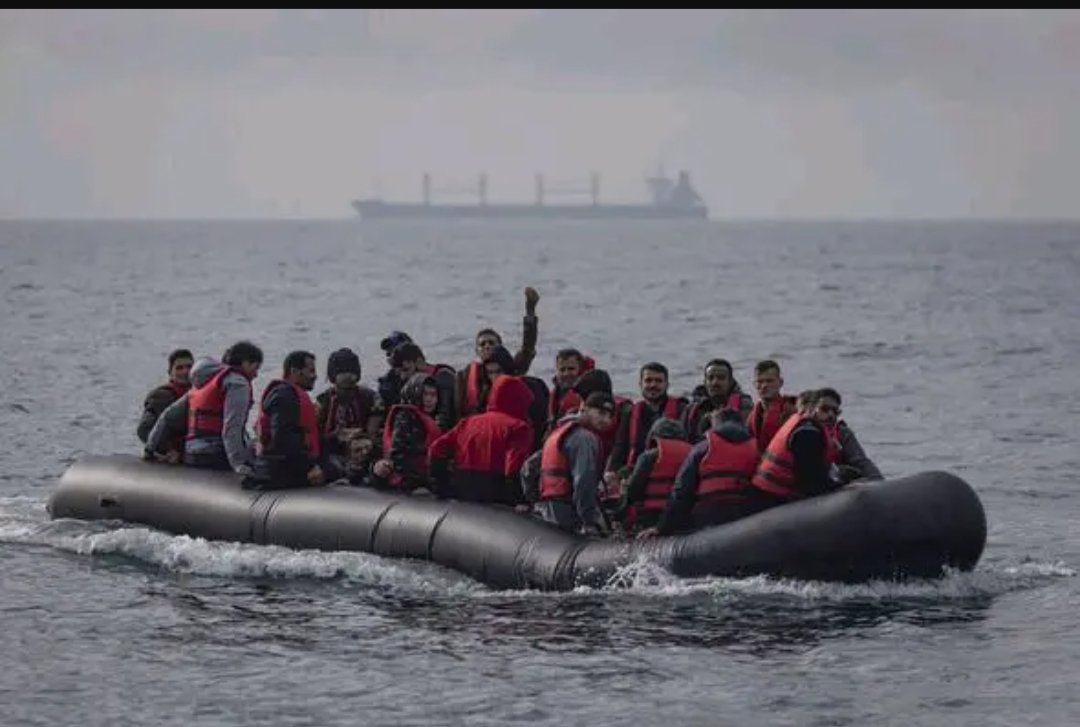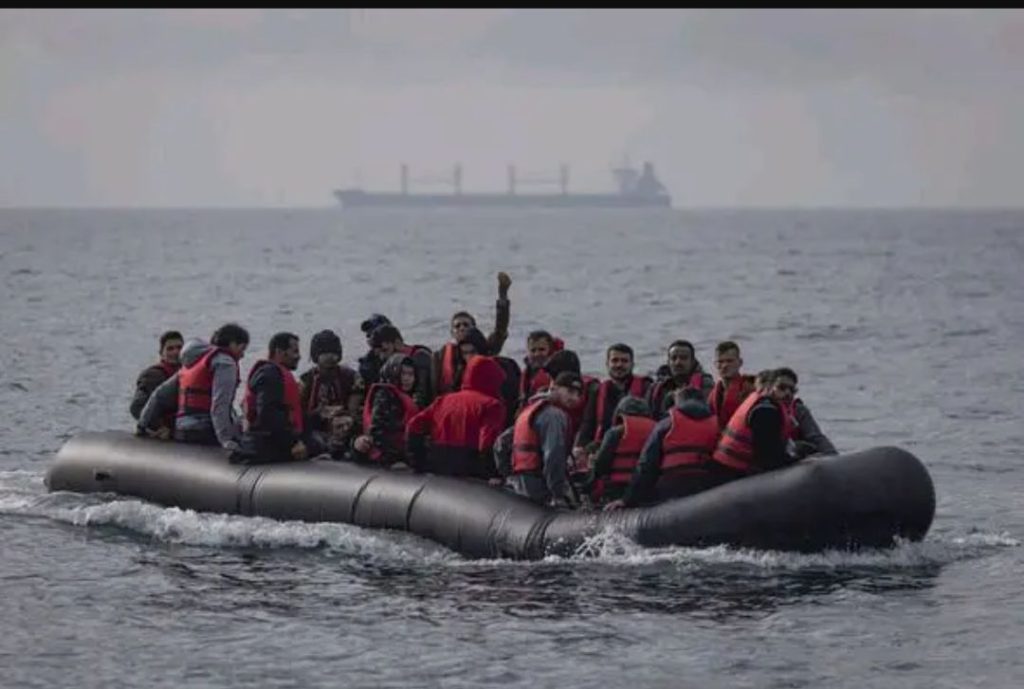
In a revelation that has ignited significant controversy, an internal Home Office document has disclosed that more than 5,600 migrants are being considered for deportation flights to Rwanda. The document, obtained by the Daily Express, outlines that “5,664 individuals are currently in scope for potential inclusion for relocation to Rwanda.”

According to reports by Express, this move is part of the £240 million Rwanda scheme, which, according to Home Secretary James Cleverly, is “uncapped.” However, Cleverly emphasized that he could not speculate on the precise number of migrants who would be deported to Rwanda, stating that it would depend on the returns agreements the government could negotiate with various countries globally.
Among the identified migrants, approximately 3,000 are currently “supported,” meaning they are residing in taxpayer-funded hotels or asylum accommodation. This revelation has intensified the ongoing debate surrounding the UK’s approach to immigration and deportation policies.
During a session with the Home Affairs Select Committee, Cleverly discussed the recent influx of illegal migrants, revealing that 33,085 individuals had arrived in the UK since new laws were enacted in July, which prohibited them from claiming asylum. The Home Secretary acknowledged the uncertainty regarding the number of migrants who might be sent to Rwanda, citing the contingent nature of various ongoing diplomatic efforts.
He noted, “It may well be if we’re successful with returns agreements, if circumstances in other countries change, it may well be that the figure is quite low. It could be nearly at that figure [33,000], but the point is the number of people that we might send to Rwanda is entirely contingent on a whole set of other work that we’re doing.”
Despite facing legal challenges, including a defeat in the Supreme Court and ongoing discussions in the House of Lords, the government appears to be actively preparing for the implementation of the deportation plan. The move has drawn criticism from various quarters, with concerns raised about the ethical implications of relocating individuals to Rwanda and the potential challenges involved in ensuring their safety and well-being.
The government’s commitment to establishing returns agreements and the possibility of more migrants being sent to Rwanda has heightened the complexity of the issue. As the debate continues, the fate of thousands of migrants earmarked for potential deportation remains uncertain, subject to diplomatic negotiations, legal proceedings, and public discourse on the UK’s immigration policies




